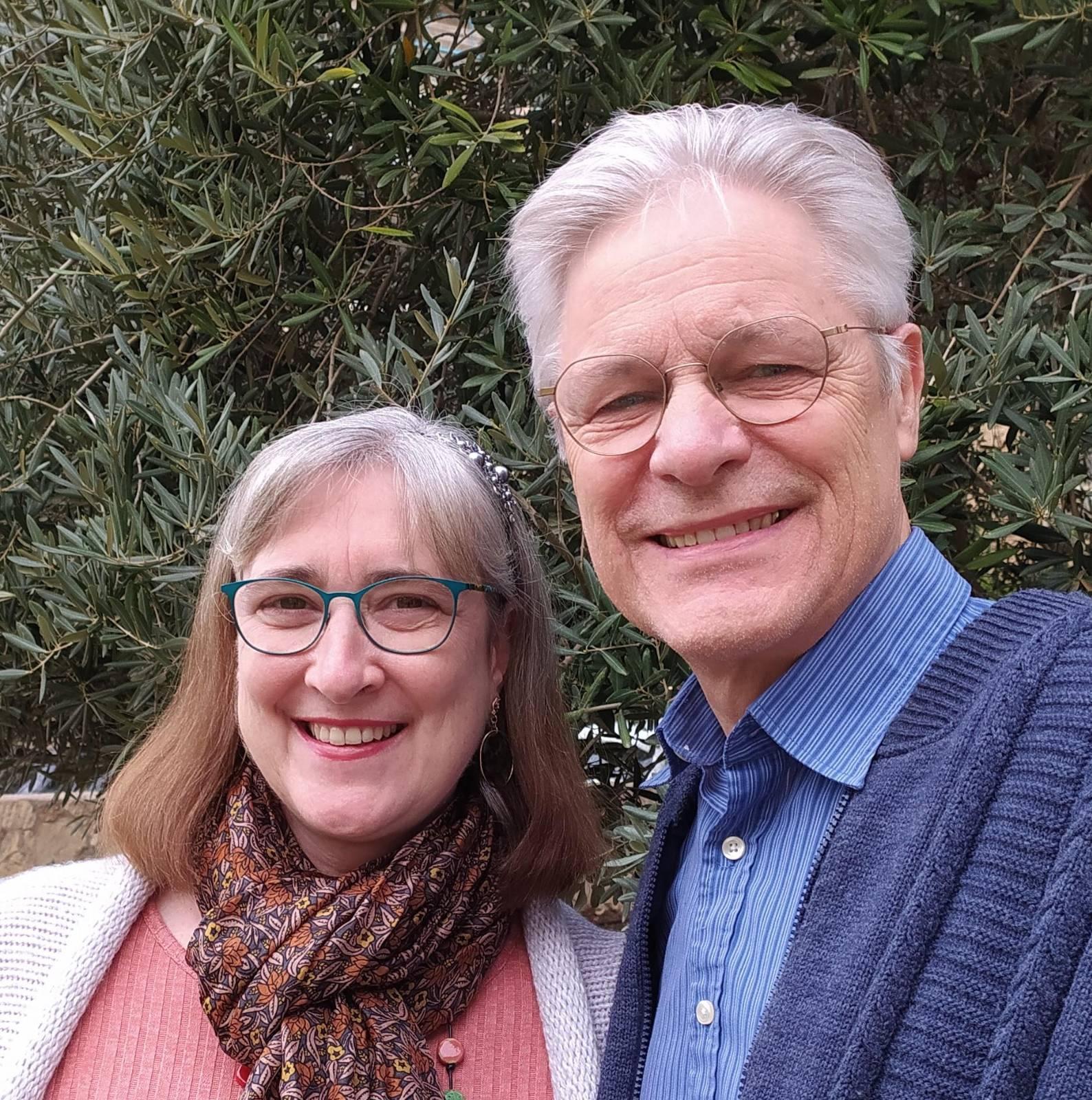Ad Halom, no further!

During a tyul, an excursion with our friends from Hashorashim, we visited the Memorial to the Battle of Lakhish Bridge, an ancient Mamluk bridge of exceptional strategic value. This site marked the northernmost point reached by the Egyptian army in May 1948, during Israel's War of Independence. The name Ad Halom literally means “this far” or “no further”, an expression that has become, in the Israeli collective memory, the symbol of the ultimate line that an enemy must never cross.
The young nation under threat
It is just a few days after the proclamation of the State of Israel. The coalition Arab armies are invading the nascent territory from all sides. In the south, the Egyptians are advancing rapidly, threatening to push all the way to Tel Aviv. An entire column is on the march, heavily armed and confident.
Facing them, the Givati Brigade, a young IDF unit still poorly equipped, receives a desperate order: to hold the Lakhish bridge, a vital crossing point on the coastal road, at all costs. The objective was clear: blow up the bridge, slow down the enemy, and hold the position until reinforcements arrived. It was a battle of men against an army, of courage in the face of overwhelming odds.
Help from above
At this critical moment, a providential event changed the course of the battle: Israel had just acquired four aircraft—old, refurbished Messerschmitts sold by Jan Mazaryk's Czechoslovakia (1). It was the first combat mission for the fledgling Israeli Air Force. Among the pilots was Ezer Weizman, future president of Israel. These aircraft, although rudimentary, gave Israel a decisive psychological advantage. The Egyptians, surprised by this unexpected air intervention, were stopped in their tracks.
The price of sacrifice
The Givati Brigade succeeded in blowing up the Mamluk Bridge and defending the riverbank from a bunker as part of Operation Barak. The fighting was fierce. Fifty-two Givati soldiers fell defending this line. But they had held their ground. And when the dust settled, the Egyptians were stopped. It was then that a silent cry went down in history: “Ad Halom!” — This far and no further!
A line that repeats itself in history
Seventy-five years later, on October 7, 2023, Israel once again experienced a brutal shock in what many called “Black Shabbat.” Hamas, supported by Iran and in coordination with Hezbollah in the north, planned a multiple offensive aimed at bringing down Israel: massive attacks from Gaza, an uprising in Judea and Samaria, and a simultaneous threat on the northern front.
But once again, despite intelligence failures and the surprise of the General Staff, the people rose up. Soldiers, reservists, civilians: all embodied the same spirit of Ad Halom, that visceral determination to defend life, land, and the covenant. The plan of annihilation failed.
Ad Halom — God's line
Beyond the historical fact, Ad Halom has become a spiritual metaphor. It is the red line that God Himself draws across the generations: “This far and no further.” “ In every war, every threat, every attempt to wipe Israel off the map, God says ”stop." This invisible but impassable boundary in no way diminishes the courage of the fighters—the Givati, the Golani, the paratroopers, the Sarayet Matkal and Duvdevan commandos, and other IDF units—but it reminds us that the hand of the God of Israel watches over His people.
On May 29, 1948, the battle of the Lakhish bridge became an eternal symbol: that of faith, courage, and loyalty. Israel held on, and still holds on.
And through every Ad Halom of its history, a promise resounds:
“He who keeps Israel neither slumbers nor sleeps.” - Psalm 121
(1) Note on Jan Masaryk and Czechoslovakia: Jan Masaryk, son of President Tomáš Garrigue Masaryk and then Minister of Foreign Affairs, followed in his father's footsteps. In 1927, Tomáš Masaryk was the first European head of state to visit Palestine (under British mandate). There he met with the pioneers of the Yishuv and expressed his sympathy for Jewish reconstruction.
A fervent supporter of the Zionist cause, he placed biblical morality at the heart of the Czech national consciousness.
In 1947, Czechoslovakia was among the 33 countries that voted in favor of the UN resolution recommending the creation of a Jewish state.
The following year, it provided not only political but also military support, which was crucial to Israel's survival. Under the UN embargo, Israeli forces were short of weapons; Czechoslovakia was the only country willing to sell them to Israel after the Holocaust. David Ben-Gurion said, "They saved our country. I have no doubt about that. The Czech weapons were the most valuable aid we received. They saved us, and I very much doubt we would have survived the first month without them."
The Masaryk family was part of the Hussite and Moravian spiritual tradition: an evangelical vision that considered the Bible to be the moral foundation of the Czech nation. Tomáš Masaryk publicly defended Jews against anti-Semitism (the Hilsner affair, 1899), a moral gesture that was extremely rare at the time. This attitude stemmed directly from Moravian ethics: rejection of religious falsehood, love of biblical truth, and respect for Israel. In short, Czechoslovakia in 1948 was born out of a culture where the Hussite-Moravian-biblical heritage had prepared people's consciences to see the return of Israel not as a threat, but as a biblical promise fulfilled.

Pastor Gérald and Sophie Fruhinsholz have been living in Israel since 2005. In 2000, during the Intifada and faced with a wave of attacks in Israel, Gérald began writing to denounce this violence. Author of several books and publications, he addresses topics related to Israel and the Church. Through their organization "Shalom Israel," created in 1996 and in partnership with several Israeli organizations, they actively support the country through awareness-raising activities. In addition, Sophie and Gérald publish weekly videos of Bible teachings, reinforcing their spiritual and educational commitment.
https://www.shalom-israel.info/
You might also like to read this:

















